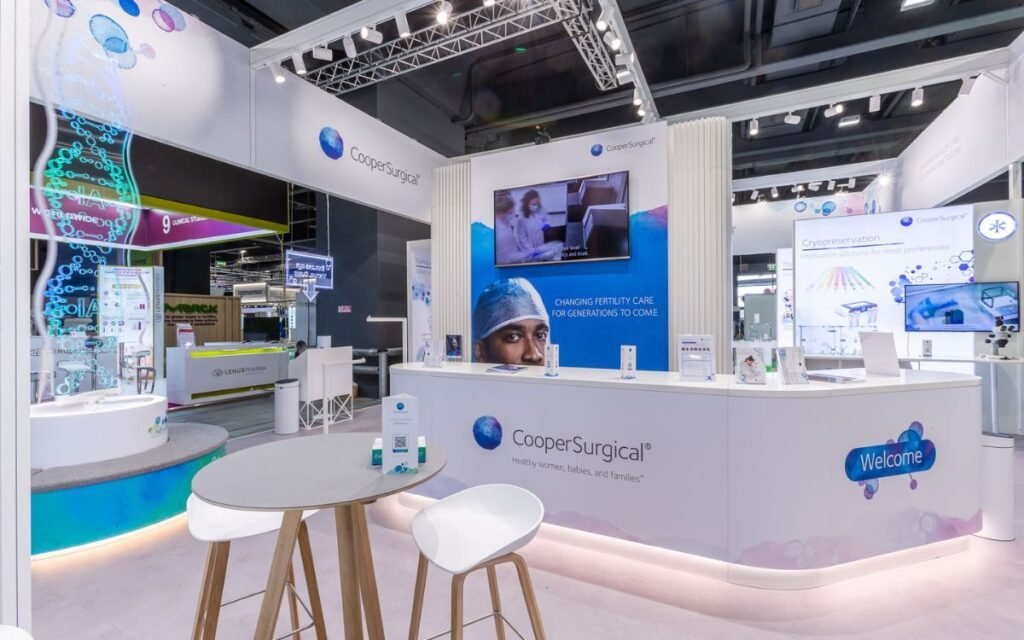The recent transaction announcement by CooperSurgical may resonate with familiarity as the company has just completed an acquisition of certain Cook Medical assets in the reproductive health arena. This follows an earlier, unsuccessful attempt to acquire a different portion of Cook Medical’s business.
CooperSurgical’s parent, CooperCompanies, has finalized a purchase agreement for a $300 million sum. This includes an initial payment of $200 million upon closing and subsequent payments of $100 million, divided into two annual installments of $50 million each.
With this completed acquisition, CooperSurgical, based in Connecticut, has integrated a range of Cook Medical’s obstetrics, Doppler monitoring, and gynecology surgery products into its offerings. This expansion, particularly with several minimally invasive tools geared towards aiding in labor, postpartum recovery, and blood flow monitoring, falls under the purview of CooperSurgical’s office and surgical division.
Also Read: Navigating Peaks And Valleys: Novocure’s Tumor Treating Fields Unveil Divergent Outcomes
According to details from Cooper’s recent press release, the assets now part of their portfolio contributed approximately $56 million to Cook Medical’s revenue in the year ending September 30. CooperSurgical projects an increase in its revenues stemming from these new assets by 5% to 7% for fiscal year 2024, which commenced on November 1.
“This acquisition is a fantastic strategic fit for CooperSurgical. He highlighted the complementary nature of the acquired products with CooperSurgical’s existing device lineup and underscored the enhanced market position CooperSurgical will enjoy in global fertility and women’s health following this acquisition.”
– Al White, president, and CEO of CooperCompanies
The deal was finalized not long after CooperSurgical faced challenges in acquiring a broader segment of Cook Medical’s portfolio. Initially, in early 2022, CooperSurgical aimed to purchase Cook’s entire reproductive health unit for $875 million. This would have included a range of fertility and in vitro fertilization assets in addition to the OB-GYN products, with $675 million due at closing and $200 million paid in annual increments of $50 million. Additionally, a two-year transition period was proposed, in which Cook would continue to produce the sold assets.
However, this larger deal was ultimately terminated a few months back due to antitrust concerns. The Federal Trade Commission, in an early August statement, described the deal’s cancellation as “a win for patients,” proclaiming that it preserved competitive markets in essential reproductive health sectors.





























